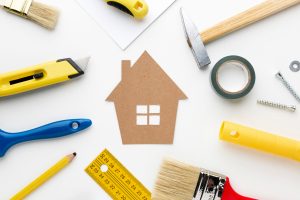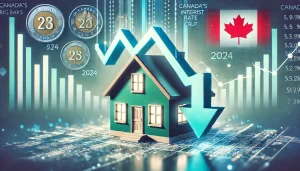Congratulations, new homeowner! You’ve Purchased a house, what next. Here’s what to do before Closing in the GTA. Purchasing a home is a major accomplishment, but it’s also a significant financial and legal commitment. While you might be eager to move in and start making memories in your new home, there are a few things that need to be taken care of before you can officially call it yours.
This article will provide you with a checklist of essential things to do before closing on your house in the GTA. By following this guide, you’ll be well-prepared and avoid any last-minute surprises or setbacks.
Hire a Real Estate Lawyer
Before you close on your house, it’s essential to hire a real estate lawyer. Your lawyer will review all the legal documents, contracts, and agreements related to the purchase of your home. They’ll ensure everything is in order and advise you on any potential issues.
What Does a Real Estate Lawyer Do?
A real estate lawyer specializes in real estate law and will assist you with the legal aspects of your home purchase. They will:
- Review the purchase agreement
- Conduct a title search to ensure the property is free of liens and other legal issues
- Review and explain any legal documents, contracts, and agreements
- Attend the closing and ensure everything is in order
- Resolve any issues that may arise during the closing process.
Review and Sign Closing Documents
Your real estate lawyer will review and explain all the closing documents before you sign them. These documents include the mortgage agreement, title transfer, and any other legal documents related to the purchase of your home.
Make sure you carefully review each document and ask your lawyer any questions you may have. Once you’re satisfied, sign the documents and return them to your lawyer.
Get Homeowners Insurance
Before closing on your house, you’ll need to get homeowners insurance. Homeowners insurance protects your home and personal property from damage or loss.
What Does Homeowners Insurance Cover?
Homeowners insurance typically covers:
- Damage to your home and personal property caused by fire, theft, or other covered events
- Liability for injuries or property damage to others that occur on your property
- Additional living expenses if your home becomes uninhabitable due to a covered event.

Schedule a Final Walkthrough
Before closing on your house, schedule a final walkthrough with your real estate agent. The final walkthrough is an opportunity to ensure that the home is in the same condition as when you agreed to purchase it.
During the walkthrough, check that:
- All repairs have been completed
- Appliances and fixtures are in working order
- The home is clean and free of debris
- Any items that were included in the sale are present.
Arrange for Utilities and Services
Make arrangements for the transfer of utilities and services before closing on your house. This includes:
- Water
- Gas
- Electricity
- Internet and cable
- Garbage and recycling.
Secure Your Financing
Before closing on your house, ensure that your financing is in order. This includes
Confirming the Loan
Closing Costs
Closing costs are fees associated with finalizing the purchase of your home. These costs can include:
- Title insurance
- Legal fees
- Home inspection fees
- Appraisal fees
- Property taxes.
Make sure you’re aware of all the closing costs and have the funds to cover them.
FAQ
Q: What happens during the closing process?
A: The closing process is when the ownership of the property is transferred from the seller to the buyer. This is typically done in the presence of a real estate lawyer or notary.
Q: How long does the closing process take?
A: The closing process can take anywhere from a few hours to several days, depending on the complexity of the transaction and any issues that may arise.
Q: What should I bring to the closing?
A: You should bring a government-issued ID, your checkbook, and any other documents your real estate lawyer requests.

















